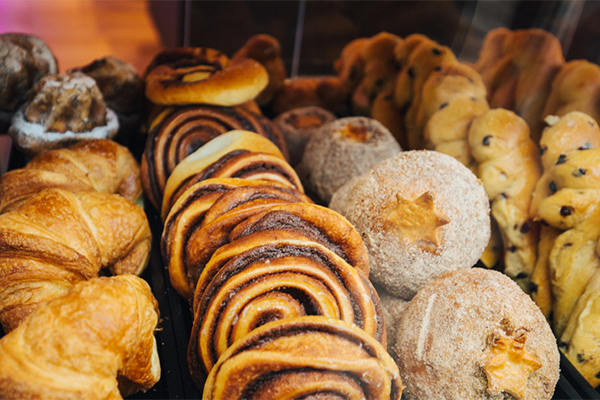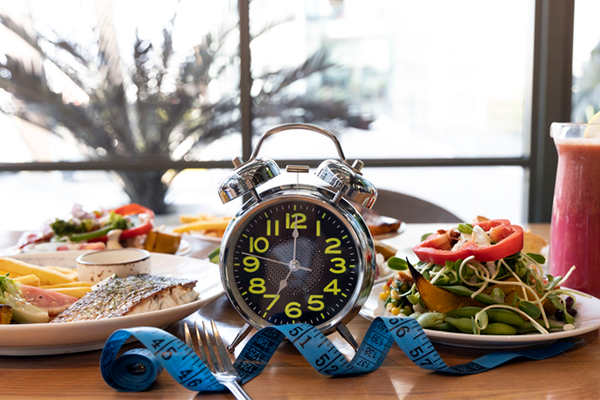Bodybuilding — the art and science of packing on serious muscle — isn’t simply about lifting heavy weights. What you eat, when you eat, and how much you eat (or don’t eat) matters. Fortunately, there are some simple guidelines that can help you build muscle while feeling strong.
Continue reading for expert advice on the best diet for bodybuilding, including the foods to eat and foods to avoid, as well as the optimal frequency and timing of meals and supplements.
How to Plan a Diet for Bodybuilding

Creating the perfect meal plan for bodybuilding involves knowing how many calories you should consume, which depends on your goals: If you want to gain weight, you need to eat more calories than you burn every day. If you want to lose weight, you need to eat fewer calories than you burn.
There are two ways to estimate your daily calorie needs. One way is to calculate your basal metabolic rate (BMR) — the number of calories your body requires to support essential functions at rest.
Everyone's BMR is different based on factors like sex, age, and weight. You can find a BMR calculator here.
The other way is to multiply your current weight by a number based on your activity level.
- Sedentary lifestyle (desk job): current weight in pounds x 11
- Moderately active lifestyle (occasional exercise): current weight in pounds x 12
- Highly active lifestyle (construction worker or elite athlete): current weight in pounds x 13
Once you determine your maintenance calories, you can start planning your meals and snacks.
Bodybuilding Food Basics
Here are some general guidelines to follow when preparing your diet for bodybuilding.
1. Consume enough calories
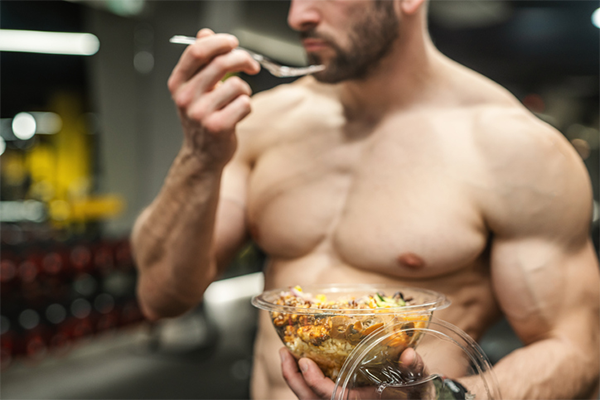
If you want to build muscle, ensure you're providing your body with enough fuel to kickstart the process.
"For building muscle, the most important thing is that you're getting enough calories in your diet," says Dana Ellis Hunnes, PhD, MPH, RD, senior clinical dietitian at UCLA Medical Center and author of Recipe for Survival."Without enough calories, it doesn't matter how much of anything else you're getting, you will not gain muscle, and you may lose it."
2. Get enough protein
Protein is essential for muscle growth. How much do you need?
For the average person looking to maintain overall health, it's recommended to consume at least 0.8 grams of protein per kilogram of body weight per day. For a 180-pound (82 kg) person, that's 65 grams of protein.
If you're bodybuilding, you need more — but not an excessive amount. To promote muscle growth, experts recommend consuming 1.6 to 2.2 grams of protein per kilogram of body weight daily. For a 180-pound man, that's about 131 to 180 grams.
While you may have heard of bodybuilders consuming more protein, anything above the 2.2 grams per kilogram maximum is believed to be used for energy or converted into other bodily compounds.
"More protein doesn't necessarily mean more muscle, especially if you're not consuming enough calories overall," says Hunnes. If you're getting enough calories, your body may convert excess protein into fat.
However, as a study notes, "While research shows that consuming higher protein doses (>20 g) results in greater amino acid oxidation, evidence indicates that this is not the fate for all the additional ingested amino acids, as some are utilized for tissue-building purposes."
3. Hit the right macros
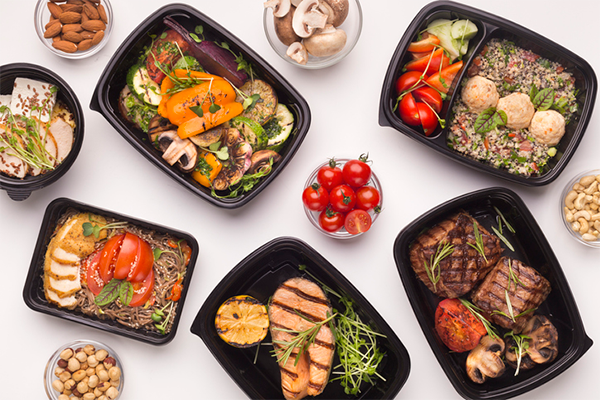
For muscle building, aim for a 40-30-30 balance. Try to get approximately 30% of your calories from protein, 30% from healthy fats (such as olive oil, nuts, and avocados), and 40% from carbohydrates.
4. Calculate for cutting vs. bulking
For bodybuilding, your daily calorie targets will vary based on whether you're bulking or following a cutting diet. The exact amount needed will vary by individual.
The goal of the bulking phase is to increase muscle mass. During this phase, such as the "off-season," aim to consume 10% to 20% more calories.
Conversely, when cutting, the goal is to lose fat while maintaining muscle. Aim to lose no more than 1% of body weight per week while preserving muscle by maintaining protein intake.
Best Foods to Eat for Bodybuilding
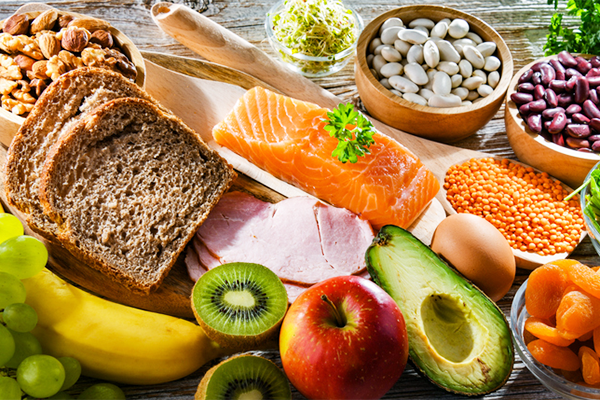
Top foods to eat while bodybuilding include:
- Enough protein to reach at least 1.6 grams per kilogram of body weight
- Vegetables and fruits
- Whole grains in moderation
- Nuts, seeds, and legumes (such as beans, peas, and lentils)
Hunnes recommends a whole-food, plant-based diet and states that it's possible to get enough protein for muscle building while following a vegetarian diet. "If you feel you're not getting enough, you can add a plant-based protein powder, whey protein powder, or include eggs," she says.
If you consume meat, good sources of lean protein include chicken, fish like salmon or tuna, and lean meats like grass-fed beef.
Best Foods to Limit
While you may think that "bulking season" allows you to eat anything, there are still some foods to avoid.
Alcohol
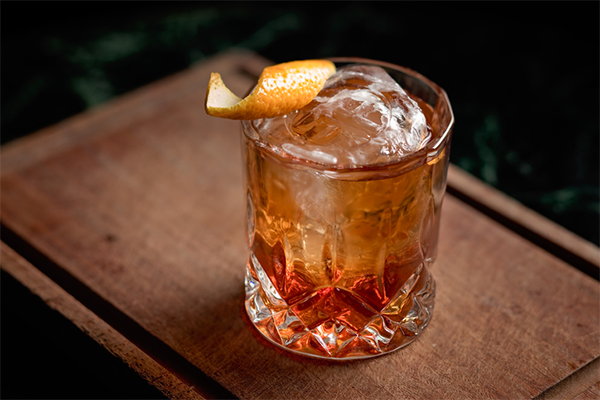
Alcohol is one of the first things you should limit or cut out. Not only is alcohol a source of empty calories, but research has shown that it can hinder muscle building.
Studies suggest that excess alcohol may impair muscle protein synthesis and hinder muscle recovery after exercise.

